Navigating the California CCW Landscape: A Comprehensive Guide
Related Articles: Navigating the California CCW Landscape: A Comprehensive Guide
Introduction
With great pleasure, we will explore the intriguing topic related to Navigating the California CCW Landscape: A Comprehensive Guide. Let’s weave interesting information and offer fresh perspectives to the readers.
Table of Content
Navigating the California CCW Landscape: A Comprehensive Guide
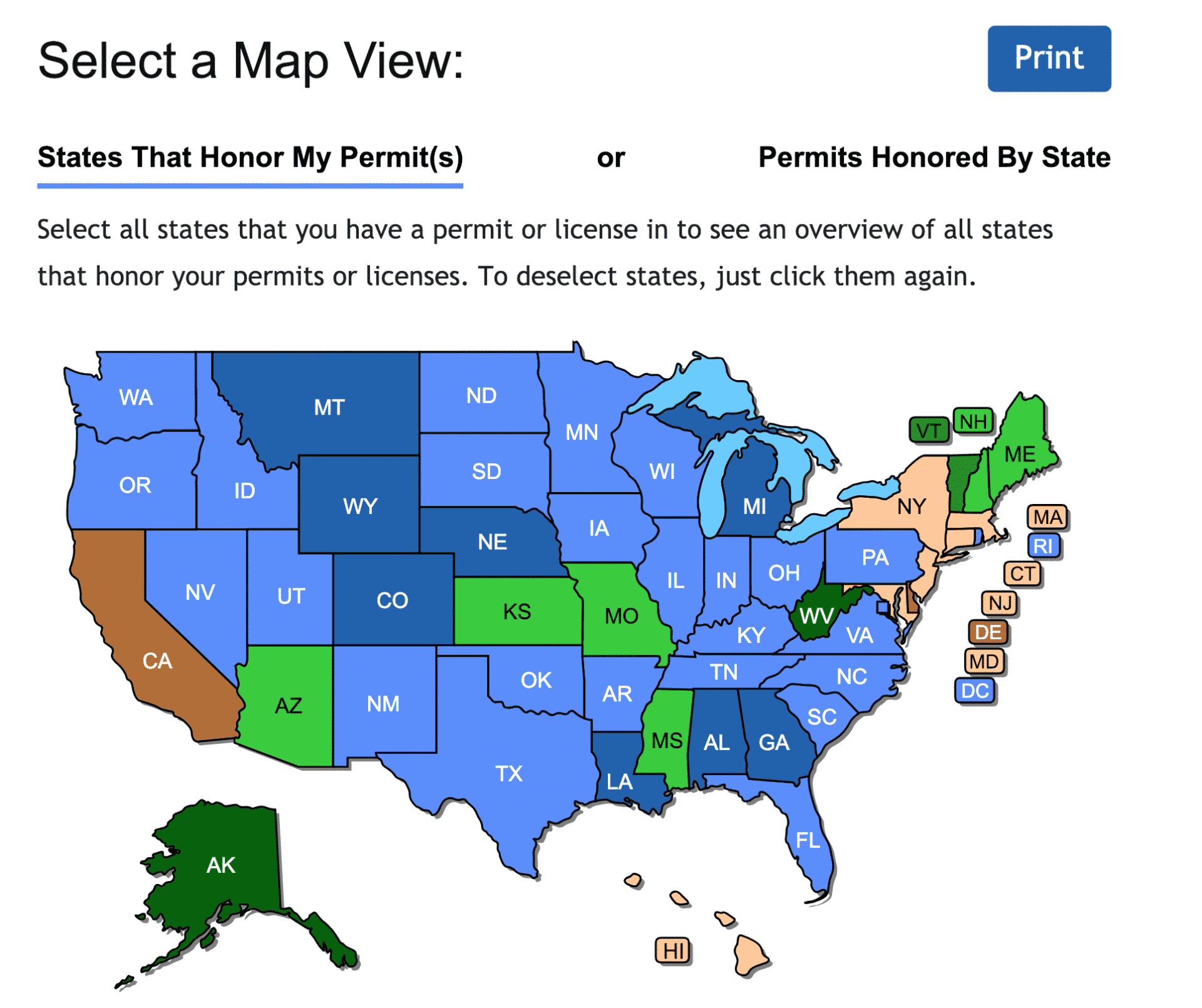
The process of obtaining a California Concealed Carry Weapon (CCW) permit can be complex and often confusing. This guide aims to provide a comprehensive overview of the legal framework surrounding CCWs in California, highlighting key aspects and offering insights into the application process.
Understanding California’s CCW Laws
California is known for its strict gun control laws, and CCW permits are no exception. The state’s Penal Code outlines the requirements for obtaining a CCW, emphasizing the need for "good cause" to carry a firearm. This "good cause" standard is subject to interpretation by individual counties, leading to varying levels of difficulty in securing a permit.
The Role of the "Good Cause" Standard
The "good cause" requirement is the cornerstone of California’s CCW regulations. It necessitates a compelling reason beyond mere self-defense to justify carrying a concealed weapon. This standard is broadly interpreted by courts, with specific criteria often determined by individual counties.
County-Specific Variations
Each county in California has its own set of rules and procedures for issuing CCW permits. This leads to significant variations in the application process, the required documentation, and the criteria for demonstrating "good cause." A thorough understanding of the specific regulations in your county of residence is crucial.
Navigating the CCW Application Process
The CCW application process typically involves the following steps:
- Submitting an Application: A detailed application form must be completed, including personal information, reason for seeking a permit, and any relevant experience with firearms.
- Background Check: A comprehensive background check is conducted, including criminal history, mental health records, and any relevant legal issues.
- Live Fire Proficiency Test: Applicants must demonstrate competency in handling and firing a firearm by passing a live fire proficiency test.
- Interview: Applicants may be required to appear for an interview with a law enforcement officer to discuss their application and provide further details about their "good cause" justification.
- Decision: The county sheriff or chief of police makes the final decision on the CCW application based on the applicant’s qualifications and the "good cause" standard.
Factors Considered for "Good Cause"
The "good cause" standard is a crucial factor in the CCW application process. While the specific criteria vary by county, some common factors considered include:
- Threat Assessment: Applicants must demonstrate a credible threat to their personal safety or that of their family. This may involve providing evidence of specific threats, harassment, or a history of violence.
- Occupation: Certain professions, such as law enforcement, security personnel, or those working with large sums of money, may be considered for CCW permits based on their occupational needs.
- Personal Circumstances: Factors like living in a high-crime area, having experienced previous violent incidents, or being the target of threats can be considered as "good cause" for a CCW.
- Training and Experience: Applicants with extensive firearms training and experience are often viewed favorably in the "good cause" assessment.
The Importance of Consulting with Legal Counsel
Navigating the complexities of California’s CCW laws can be challenging. Consulting with a qualified attorney experienced in gun law is highly recommended. An attorney can provide guidance on:
- Understanding "Good Cause" Requirements: An attorney can help assess the specific "good cause" requirements in your county and determine if you meet the criteria.
- Preparing a Strong Application: An attorney can assist in preparing a comprehensive and persuasive application that highlights your justification for a CCW.
- Legal Representation: If your CCW application is denied, an attorney can provide legal representation and pursue appeals or legal challenges.
Tips for Success
- Thorough Research: Familiarize yourself with the specific CCW regulations in your county of residence.
- Documentation is Key: Gather all necessary documentation, including proof of residency, background checks, and any relevant evidence supporting your "good cause" justification.
- Firearms Training: Obtain comprehensive firearms training from a qualified instructor to demonstrate proficiency and safety.
- Professional Representation: Consider consulting with a gun law attorney to ensure your application is well-prepared and your rights are protected.
Conclusion
Obtaining a CCW permit in California is a complex process that requires careful consideration and preparation. Understanding the "good cause" standard, navigating county-specific requirements, and seeking legal counsel are crucial steps in maximizing the chances of success. By approaching the application process with thoroughness, meticulous documentation, and professional guidance, individuals can enhance their chances of securing a CCW permit in California.

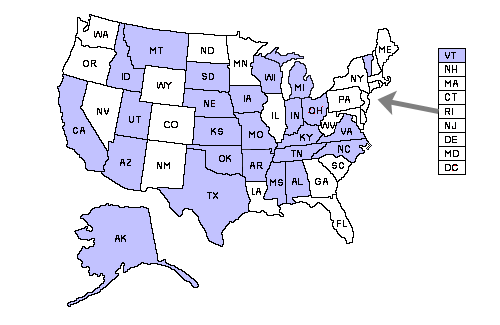
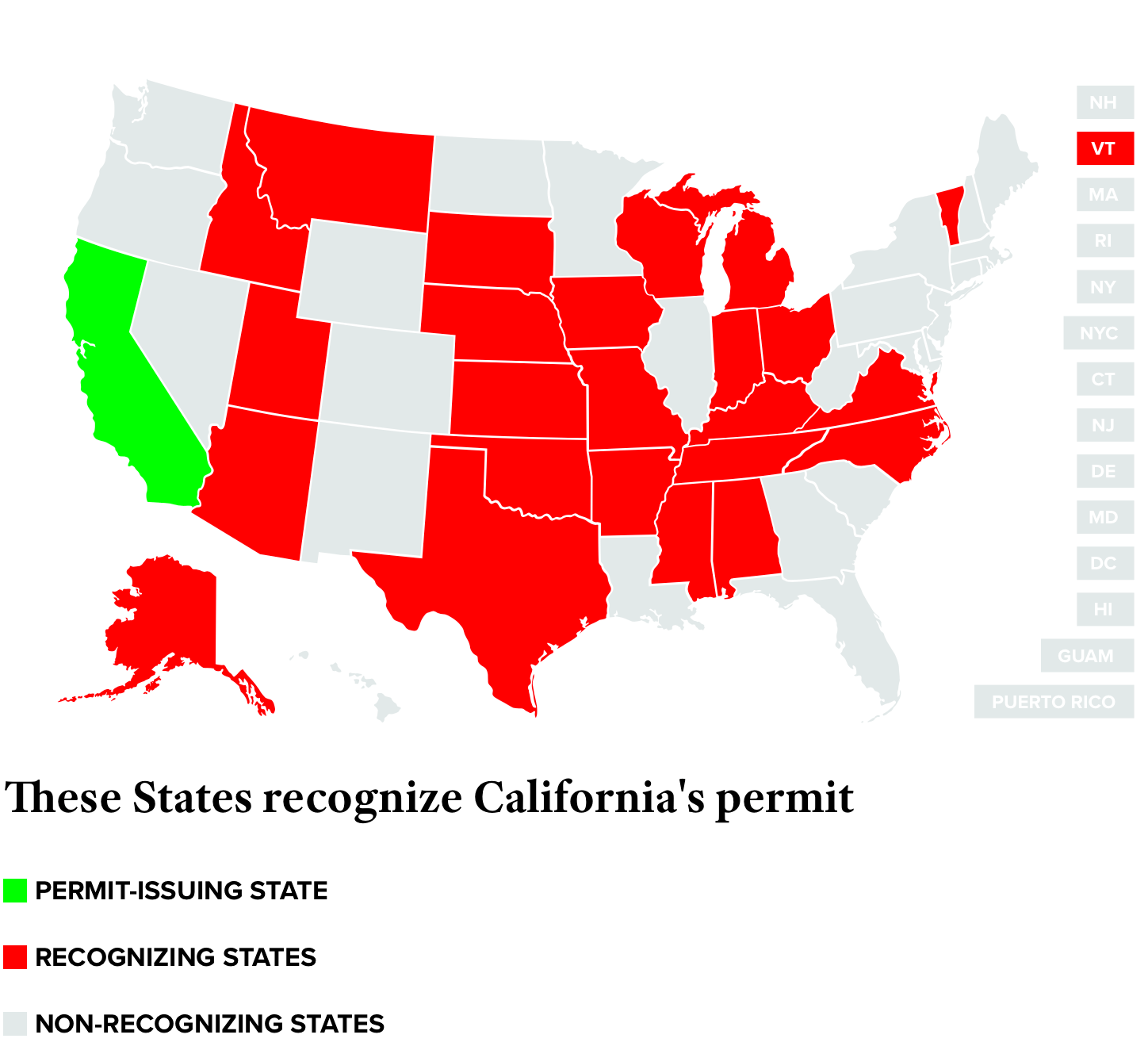

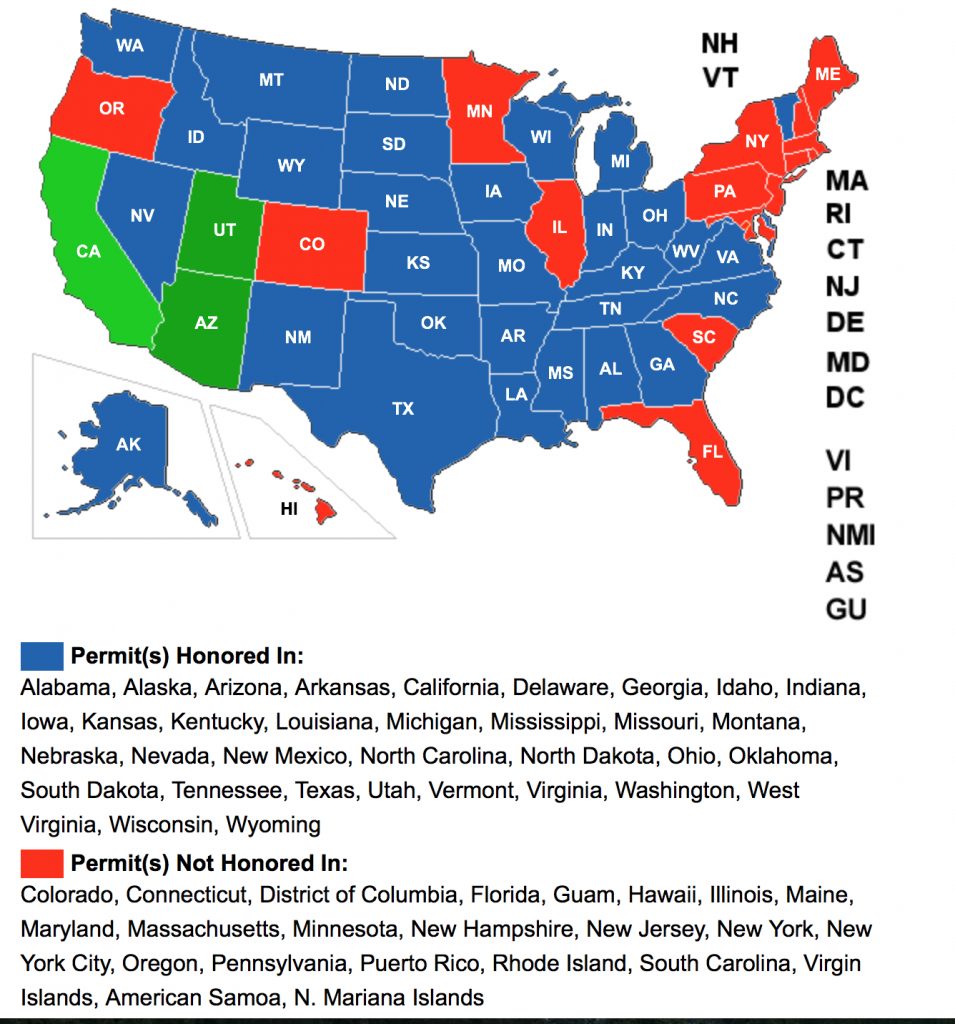
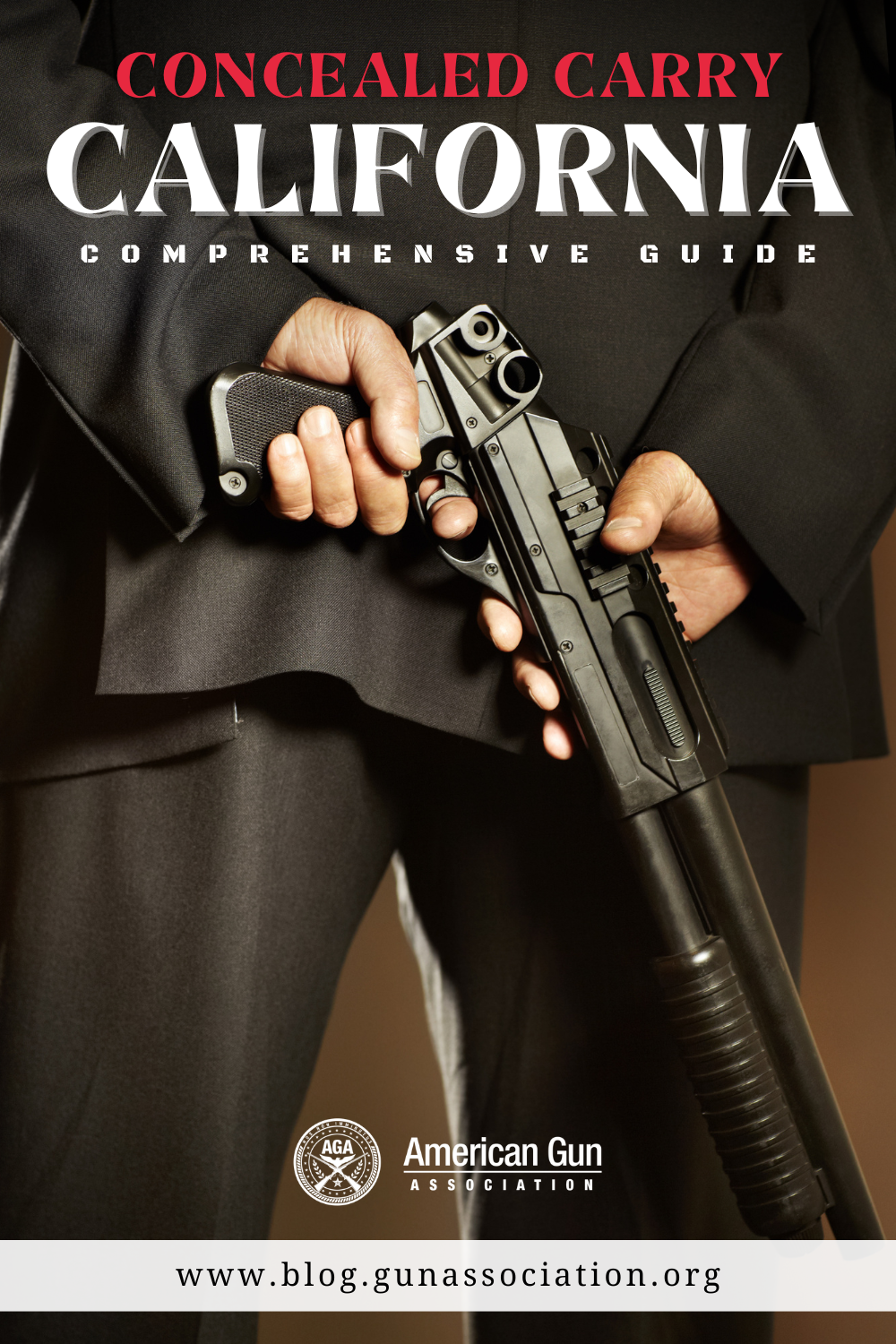
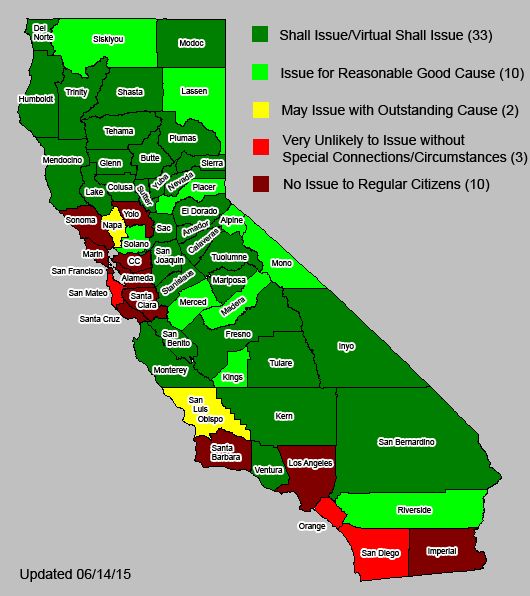

Closure
Thus, we hope this article has provided valuable insights into Navigating the California CCW Landscape: A Comprehensive Guide. We thank you for taking the time to read this article. See you in our next article!